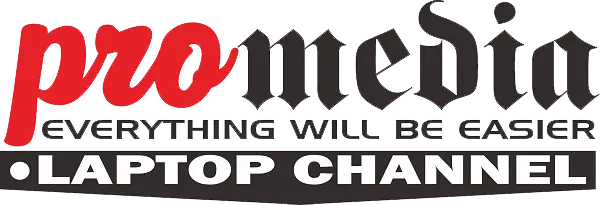Axioo Pongo with RTX 3070 variant offers outstanding performance at a more affordable price compared to most laptops with similar specifications. With a price range from Rp 12.9 million to Rp 15.9 million, Axioo Pongo ensures that users can access high gaming and productivity experiences without having to break the bank. This is cheaper than most laptops with RTX 3070 …
Read More »Recent Posts
Acer Predator Helios 16: A Combination of Gaming Prowess and Professional Performance
Acer has once again wowed gaming enthusiasts and creative professionals with the Predator Helios 16. This latest gaming laptop not only delivers impressive performance enhancements, but also boasts high-end components that allow it to be a powerful tool for various needs. Let’s take a look at the excellent specifications and features of the Acer Predator Helios 16. Luxurious and Ergonomic …
Read More »ASUS Zenbook S 13 OLED (UX5304): Combination of Beauty and Performance in an Ultrathin Laptop
ASUS Zenbook S 13 OLED (UX5304) is the embodiment of the harmony between design beauty and outstanding performance in an ultra-thin laptop. At only about 1 cm thick and weighing about 1 kg, it delivers uncompromising portability. Don’t take performance for granted, however, as the Zenbook S 13 is armed with the latest 13th Generation Intel Core processors and is …
Read More » Apptech Channel trading 'll be easier
Apptech Channel trading 'll be easier







